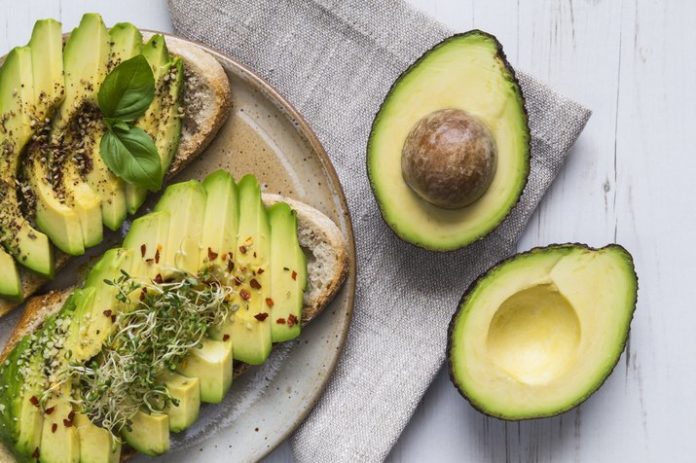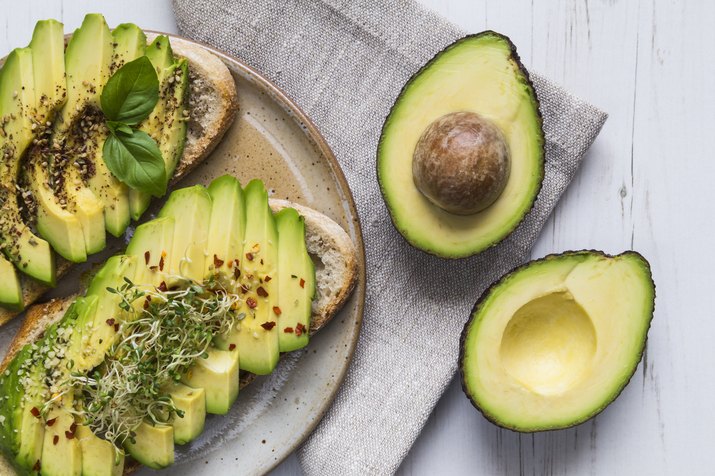 1 of 10
1 of 10
Avocado is the bacon of fruits: everything tastes better with avocado. Unfortunately, avocados go bad quickly, taking on a brownish hue with a sometimes-rancid odor and bitter taste. This is because avocados have an enzyme called polyphenol oxidase that, when exposed to air, causes the avocados to oxidize and turn brown. To keep my avocados fresher for longer, I decided to test different methods people use to keep them from oxidizing.
locknloadlabrador/iStock/GettyImages 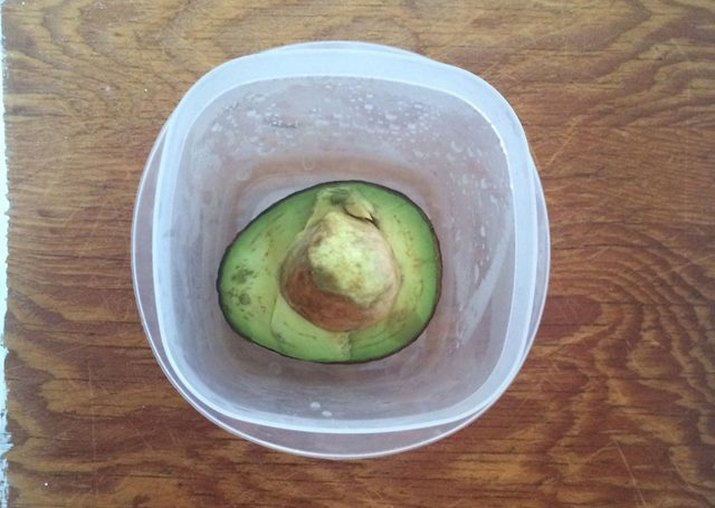 2 of 10
2 of 10
Avocado with Pit
Three days: Little to no change in surface color or texture. One week: Very minimal browning, surface is softer, but otherwise still fresh. Ten days: Slight browning, but still predominately green. Texture was soft, but still edible and delicious!
Elizabeth Biscevic 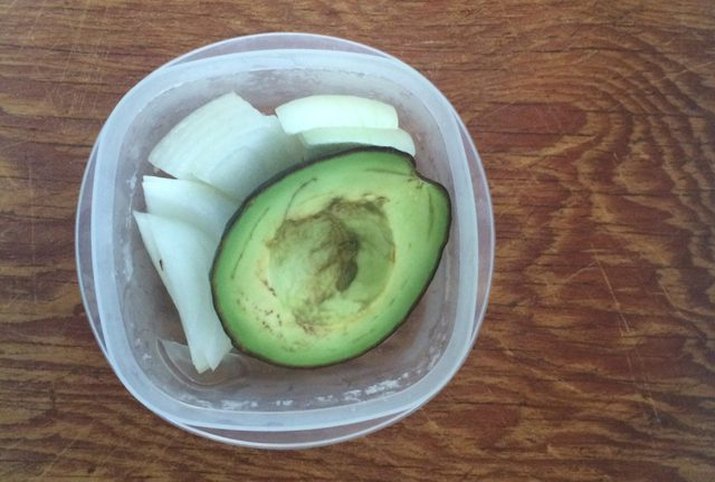 3 of 10
3 of 10
Method 2: Avocado with Onion
Three days: No change in surface color or texture. One week: No change in surface color, texture was slightly softened. Ten days: Very slight browning, but overall look and texture was the same as after three days. It did slightly take on the smell and taste of the onion.
Elizabeth Biscevic 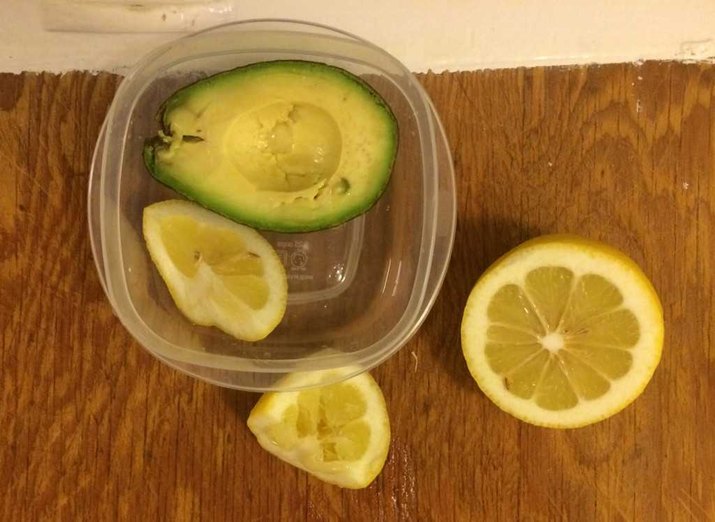 4 of 10
4 of 10
Method 3: Avocado with a Lemon Wedge
Three days: The avocado looked pretty similar to the first day, with very little change to the surface color and texture. One week: Slight browning and the texture was notably softer than before, but otherwise still okay. Ten days: The surface was bruised with a softer texture. It was questionably edible, but I didn't risk it. You can eat around the dark spots of an avocado, but it was a bit too soft for me to try.
Elizabeth Biscevic 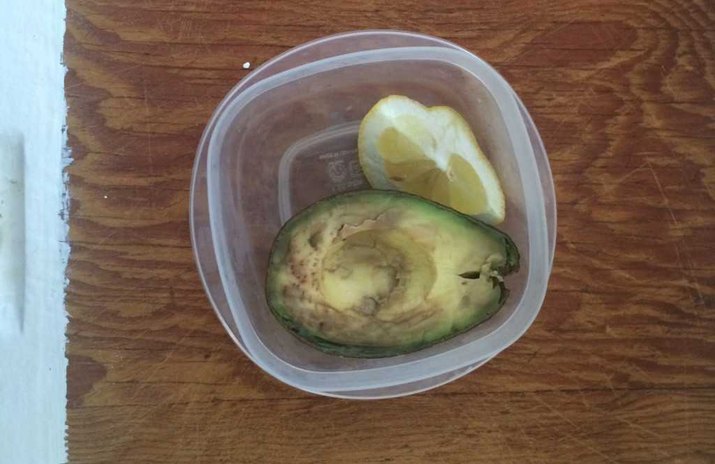 5 of 10
5 of 10
Avocado with Lemon Wedge After 10 Days
The avocado after 10 days.
Elizabeth Biscevic 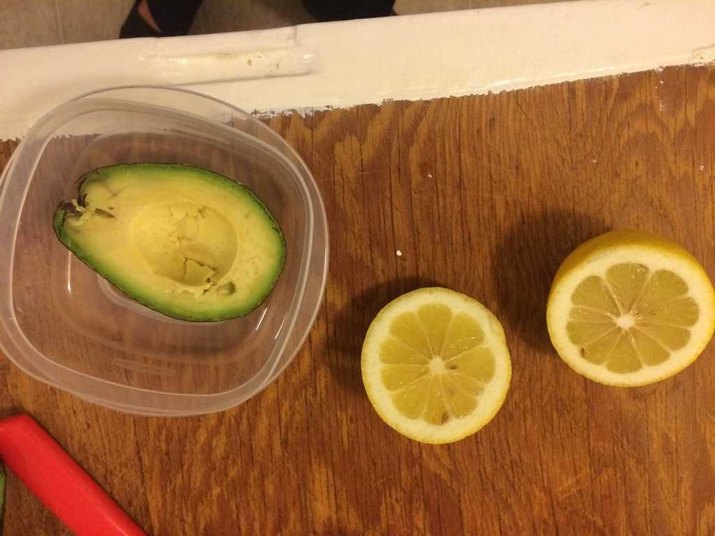 6 of 10
6 of 10
Method 4: Avocado with Lemon Juice
Three days: Slightly brown and bruised across the surface, texture was very soft and kind of slimy from the juice. One week: Surface of the avocado was brown and extremely soft. The avocado surface had changed to a slimy, stringy texture. Though it didn't smell rancid or rotten because of the lemon juice was still overpowering, the color and consistency indicated heavy oxidation and that the avocado was no longer edible. Using lemon juice may be a good short-term storage solution, but not for more than 3 days in the refrigerator. The avocado will still have a slimier texture and take on the flavor of the lemon; but I am personally okay with that, especially if I plan on using it for guacamole.
Elizabeth Biscevic 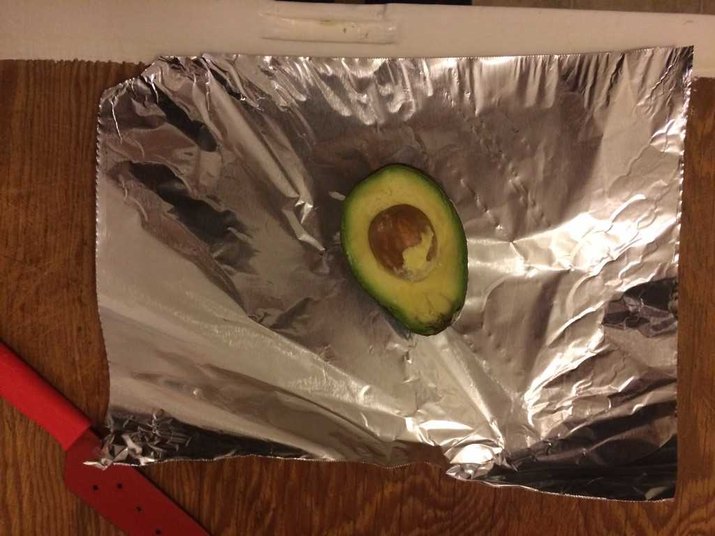 7 of 10
7 of 10
Method 5: Avocado Wrapped Tightly with Foil or Cling Wrap
Three days: Some small, light, bruises on the surface, but the avocado looked and felt similar to the first day. One week: The avocado had darker and larger bruises across the surface, and the consistency was significantly softer than the first day. But there was no film, stringy texture or dangerously soft areas. The avocado was still edible, especially if you wanted to add some spices and lime for a batch of guacamole. Ten days: The avocado consistency was very soft, and its bruises were too dark for it to be considered edible. This method works best for short-term storage.
Elizabeth Biscevic 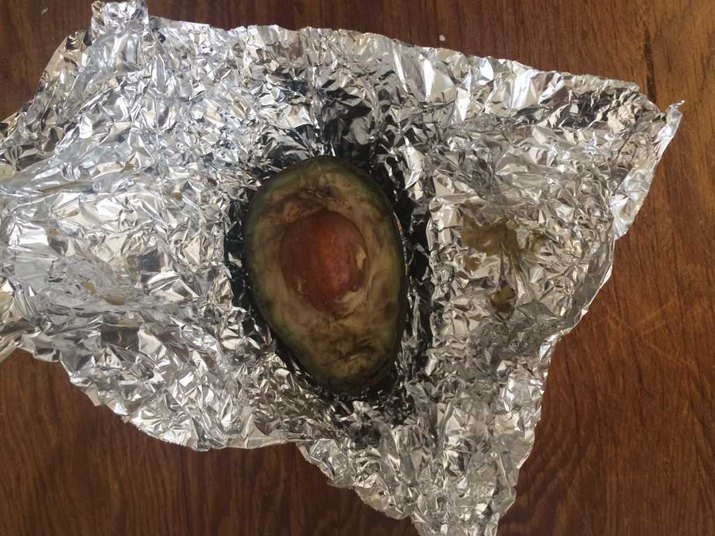 8 of 10
8 of 10
Wrapped Avocado After 10 Days
Avocado wrapped in foil after 10 days.
Elizabeth Biscevic 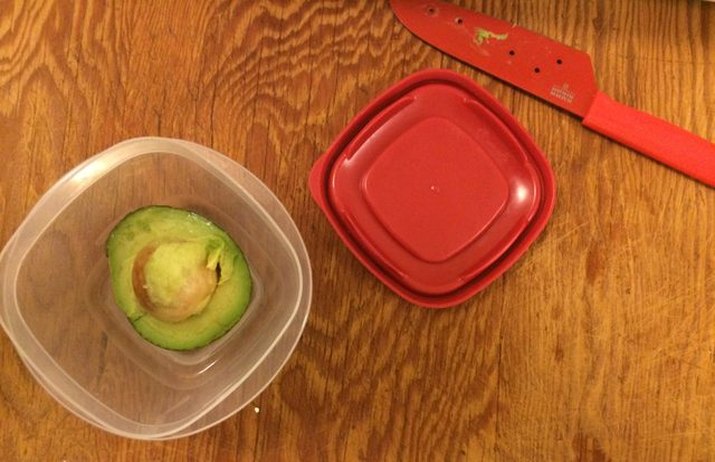 9 of 10
9 of 10
What Worked Best?
If you plan on keeping your avocado for only a few days, every option works as a way to keep your avocado fresh for a day or two. For longer storage, the best method is using cut-up onion, and the runner-up is keeping the pit inside. Depending on your personal preferences, you may opt for the avocado-with-pit method, as the avocado stored with onions will start to take on an onion-like smell and taste.
Elizabeth Biscevic 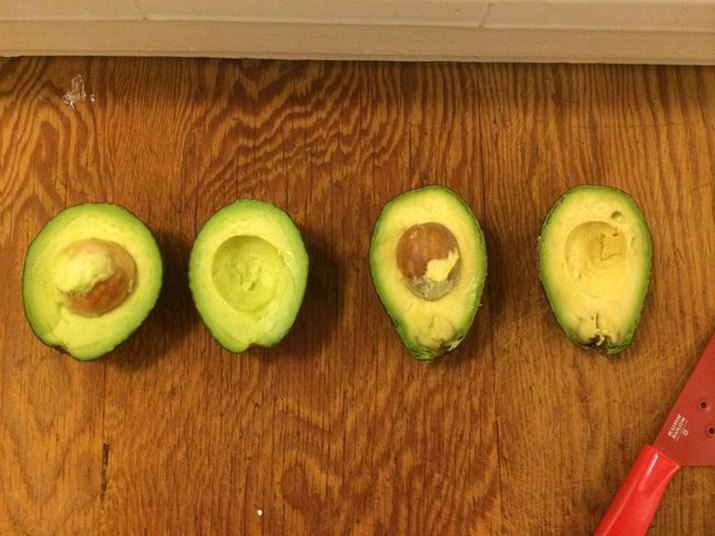 10 of 10
10 of 10
Keep in Mind…
Keep in mind, avocados that are slightly brown can technically be eaten; but they are generally bitter compared to a ripe avocado. In this case, I recommend cutting off and discarding the bruised sections or brown layers and using whatever is left for cooking or eating. If the avocado flesh is dark brown or stringy you should avoid eating it entirely. Additionally, avocados should not be left at room temperature for more than a few hours at most. Cut avocados left out overnight should always be thrown away.
Elizabeth Biscevic





























